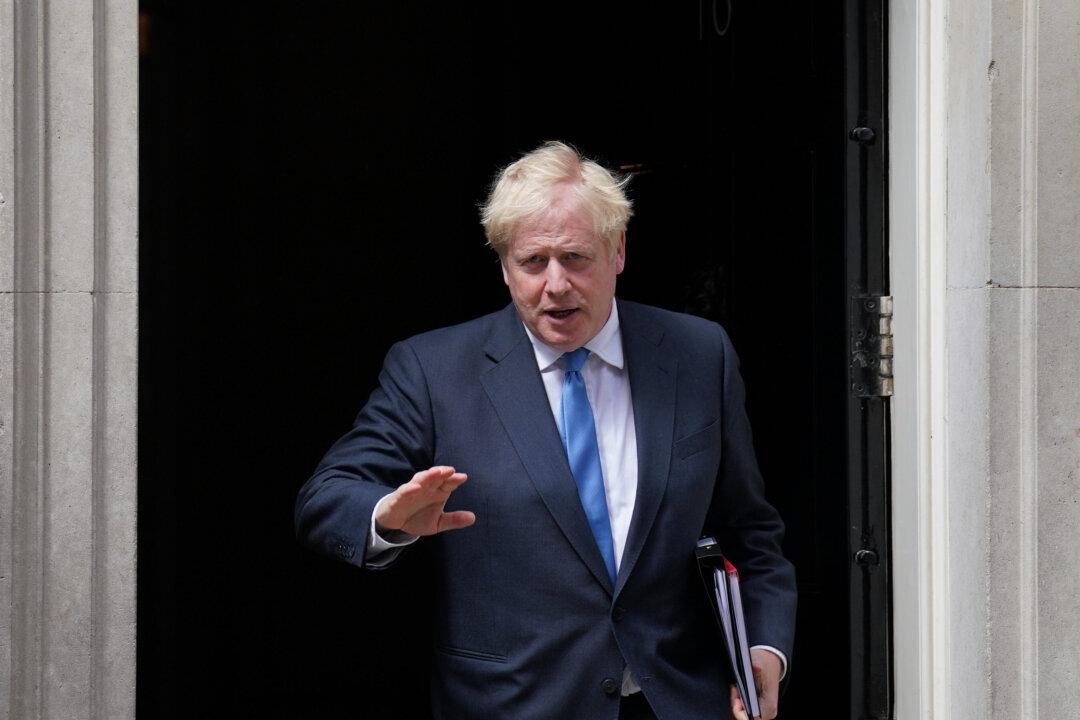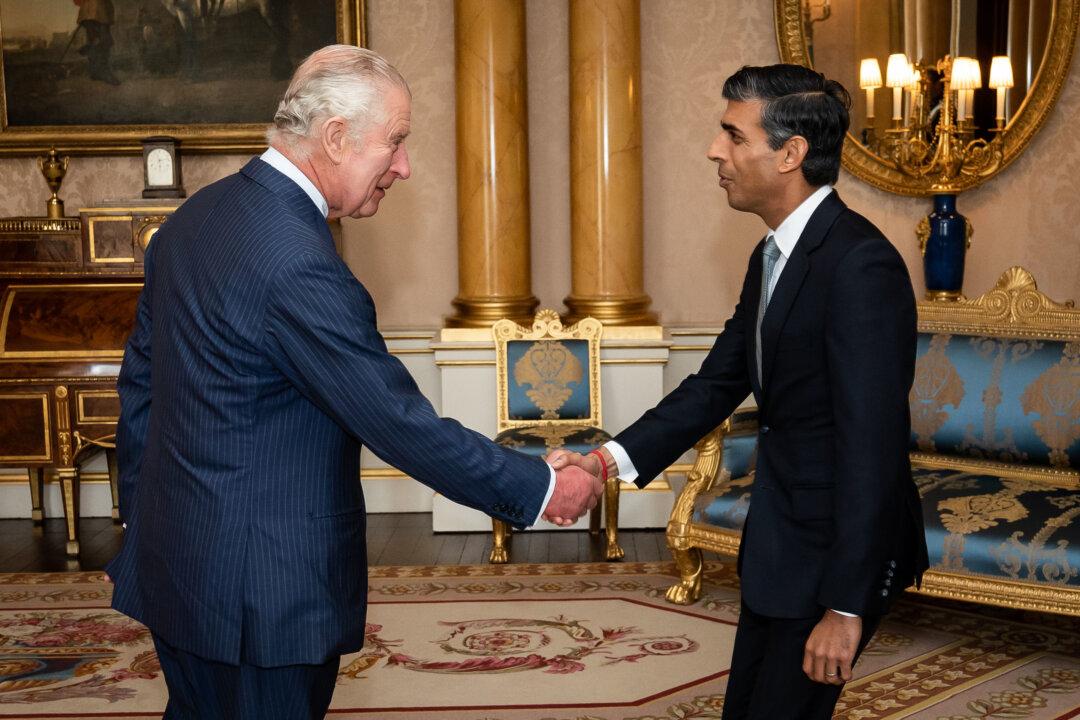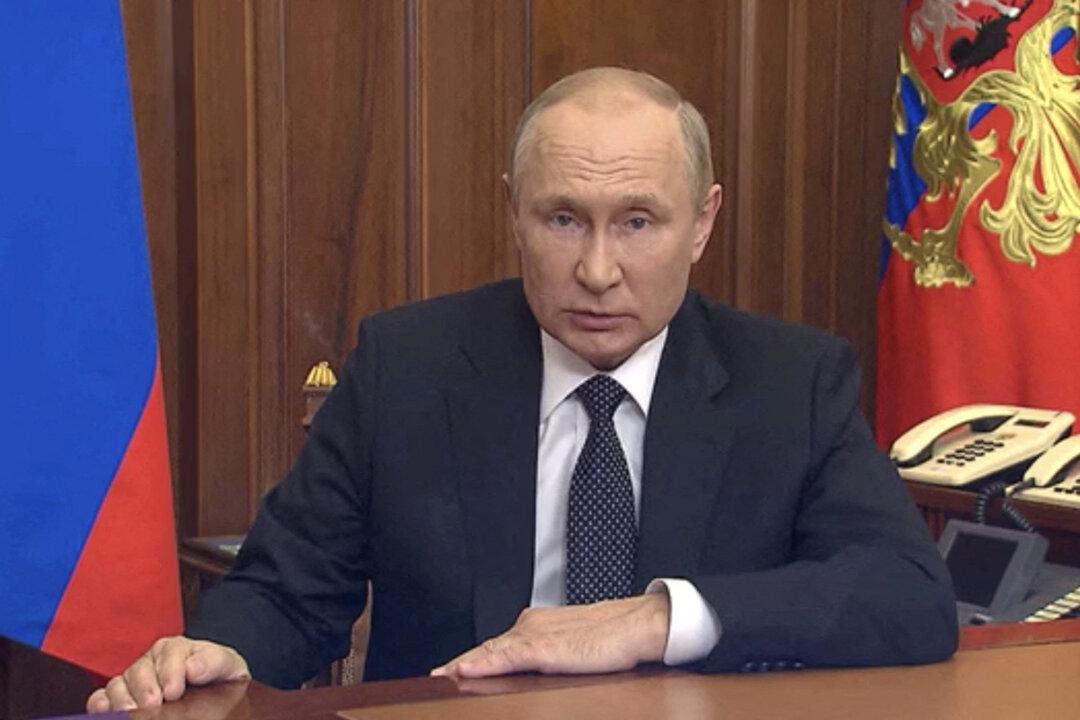Commentary
At the beginning of last week, no one saw the resignation of British Prime Minister Boris Johnson coming. Then came the resignation of health minister Sajid Javid, quickly followed by Rishi Sunak, the Chancellor of the Exchequer (finance minister), who was then followed by 54 other members of the government, and it was game over.





